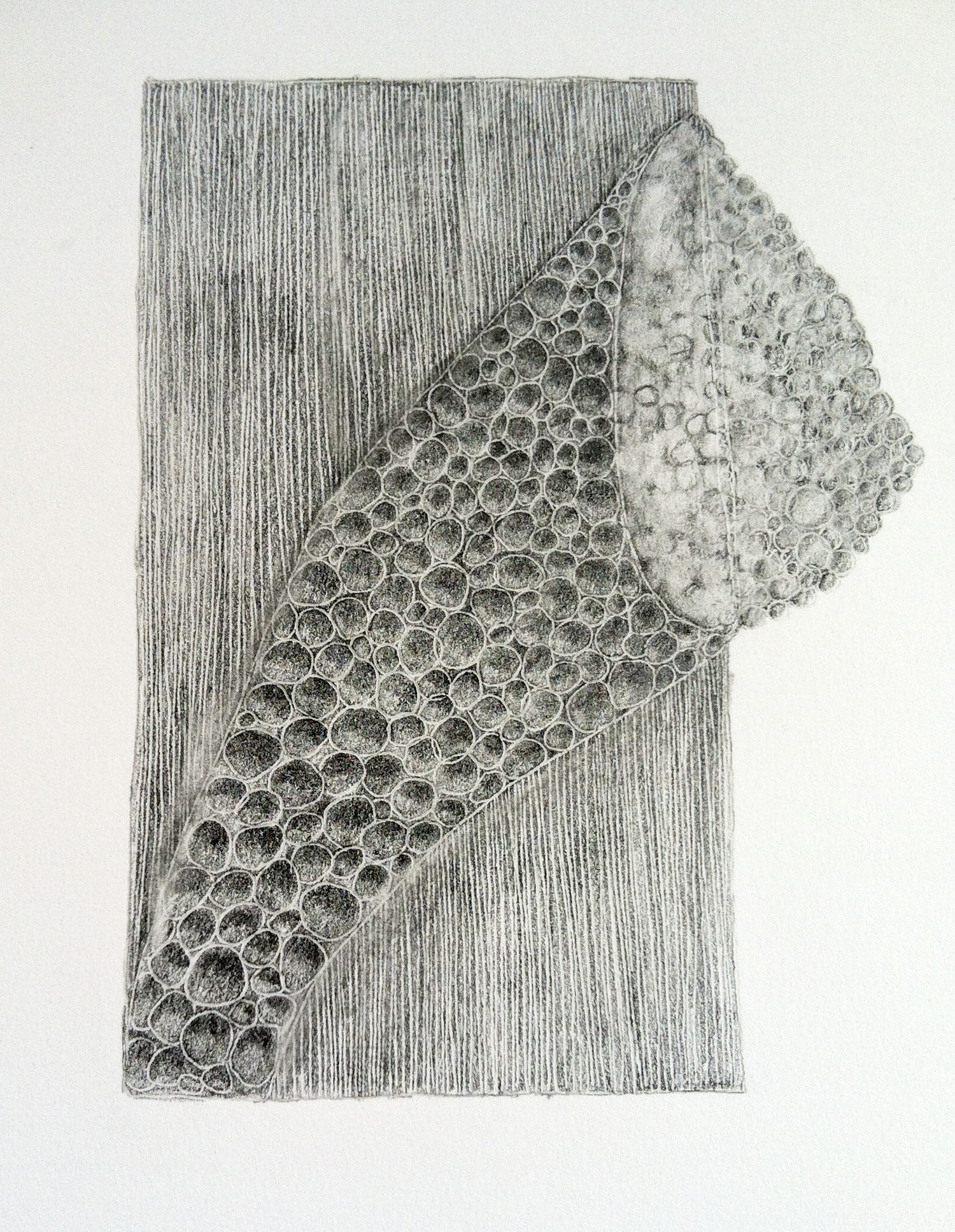In my last post I ended up talking about invective. I will wend my way back to invective. Stay with me.
We live with zombies. Zombies are the betes noire of our times because they are a lurching confusion of categories; zombies are neither natural or human but they partake of the qualities of both.
Nature is impersonal. When Natural disasters strike (earthquakes,tornadoes, flash floods), they affect good people and bad people. Nobody “gets what they deserve” because Nature makes no moral distinctions. Nature simply and implacably does what it must do.
Zombies were human once. They don’t have feelings, they do not communicate, they are ugly and they are a contagion. Short of eating us tartare, they can also infect us with their corruption. We are are only a bite away from becoming mindless flesheaters ourselves. But what makes them truly frightening is that zombies do not see us “normals” as subjects; as thinking, feeling moral entities that deserve to live. We are merely edible objects and they are insatiable and implacable.
Zombies, although quasi-human in appearance, no longer live in our moral human universe. The foundational precept of human morality (tip of the hat to Immanuel Kant) is that we must treat other people as subjects not as objects. Subjects think and feel. Although we humans are subsumed (indifferently) by the same Laws of Nature that rule all creatures, we are also naturally endowed with the ability to think and create the moral universe in which we live. We take for granted that people will stop at stoplights; that we will not be subjected to random assaults by strangers. We assume that other people are going about their business based on ideas in their heads and will generally treat us as they expect to be treated (exceptions prove the rule).
Terrorists who set off bombs and kill innocent people are also zombies. They treat other humans as objects; as means to their religious/political ends. They have demonized or dehumanized those who do not think exactly as they do. In a very real sense, They are not killing people like themselves. How do people get like that? When in the course of his usual fulminations, Rush Limbaugh calls a Georgetown University co-ed a “whore” because she disagrees with him, most people recognize that strong beliefs have taken someone “over the line”.
When political discourse turns to invective, we become zombies.



